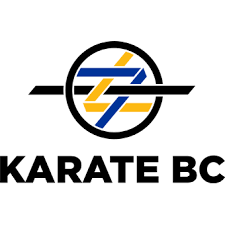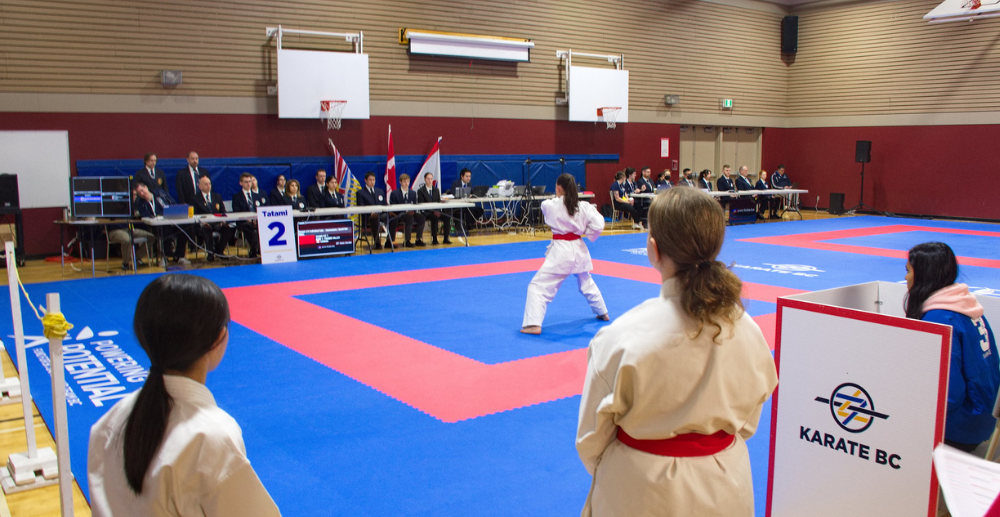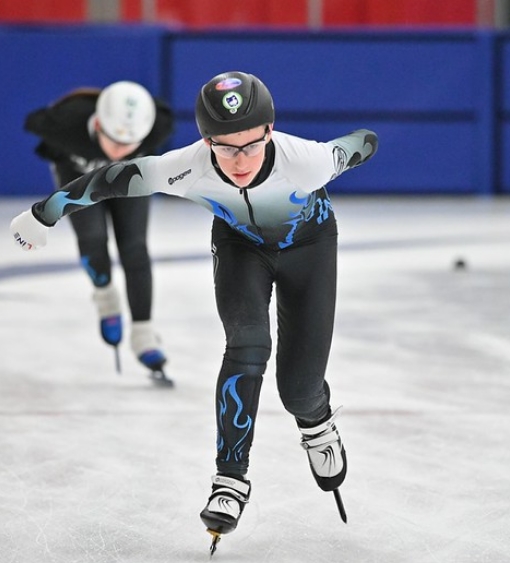BC WINTER GAMES
Karate
Karate made its Games debut at the Tofino 2000 BC Winter Games and has been a staple of the BC Games ever since.
Technical
Package
Technical Packages provide details of the eligibility requirements as well as event and competition information.
Provincial Sport
Organization
PSOs are the governing bodies for sports in B.C. and handle qualification, registration, and competition at the BC Games.
Frequently Asked
Questions
Have a question? We likely have the answer in our Frequently Asked Questions.
Participant
Information
Learn about qualification, registration, transportation, accommodation, food, and more.
Did You Know?
History
Karate was developed on Okinawa Island during the early 20th century when the inhabitants were forbidden to bear weapons. Literally meaning “with empty hands” this martial art was introduced outside of Japan in the 1950s and has now grown to over 100 million practitioners in 188 countries. The sport made it’s Olympic debut at the 2020 Summer Olympics in Tokyo.
Kata vs Kumite
Karate consists of two events, Kata and Kumite. Kata is a series of offensive and defensive karate techniques performed against imaginary opponents and marked by a panel of judges. Kumite is a combative event between two competitors who try to dominate each other using a free combination of karate techniques. Points are scored when a technique is applied to an opponent vigorously and with precision and good form.
Notable Alumni
Photography
Visit the BC Games Flickr account to view more photos of Karate from the Games.


